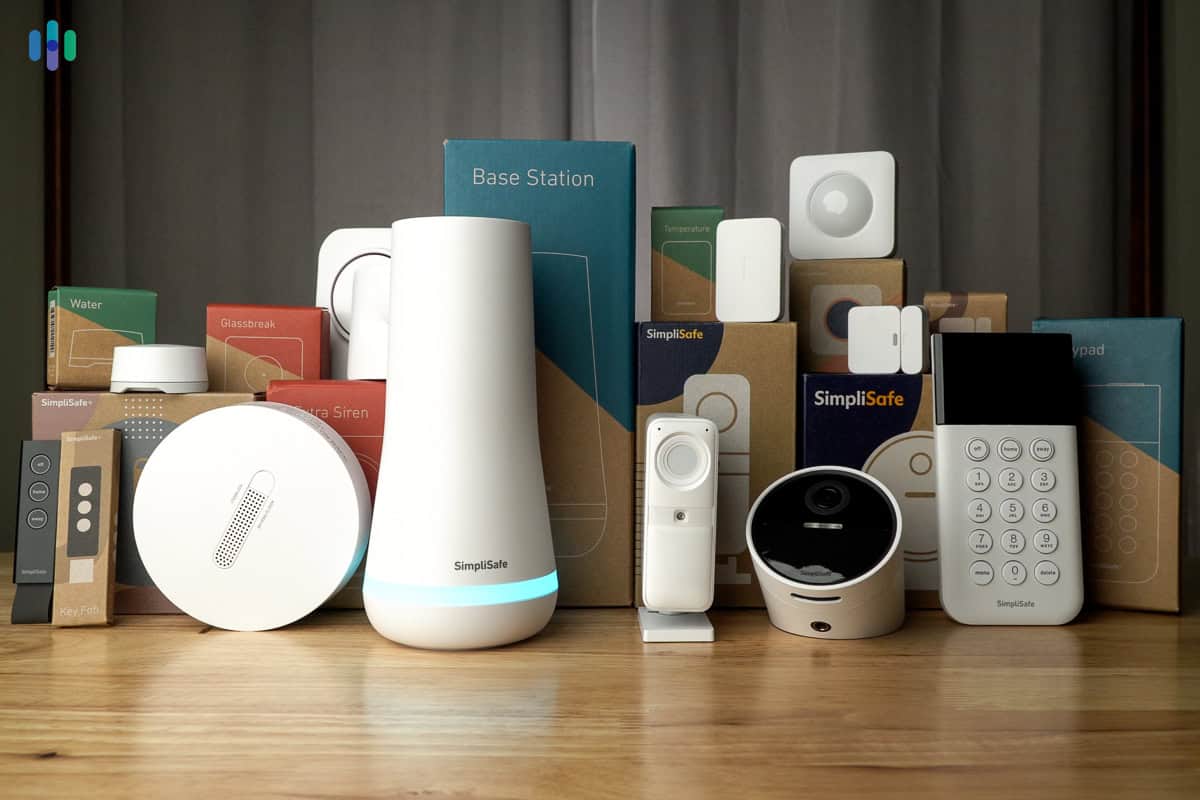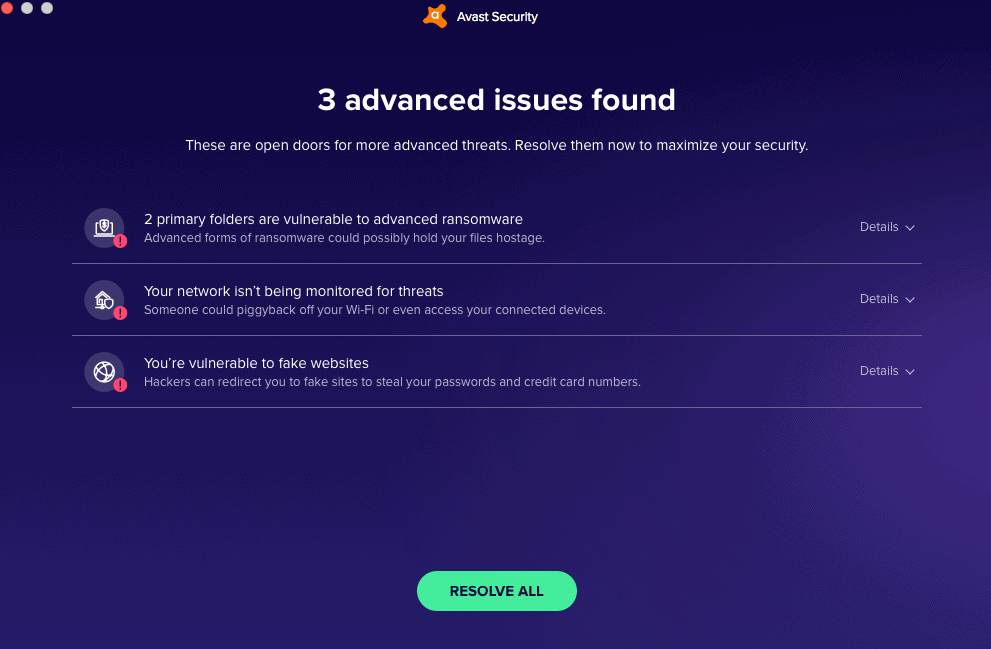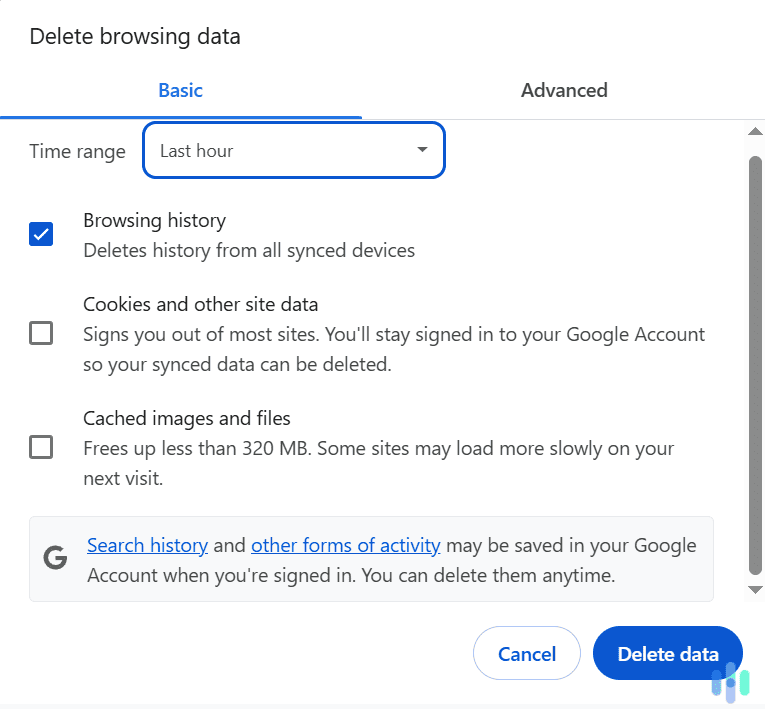There used to be a myth that all Apple products did not need antivirus software. This myth wasn’t busted until 2006 when the first virus that targeted macOS was discovered. But, just because Macbooks can get viruses doesn’t mean iPads can too. They do use different operating systems afterall.
So, our cybersecurity experts conducted experiments to see if iPads need antivirus software. We looked at the history of iPad viruses, what causes those viruses, and what could protect your iPad from them. Let’s dig in.
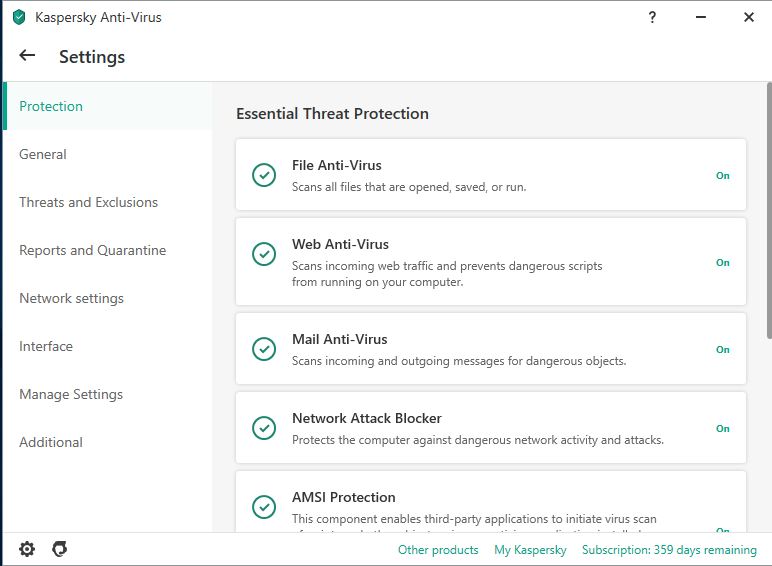
Do iPads Need Antivirus?
The closed-off iPad ecosystem really does make it resistant to malware. The iPadOS, as well as the iOS operating system it was built on, was designed in such a way that keeps malware out.
For one, you can’t just load any file into your iPad. The apps are compartmentalized, so even if, let’s say, a malicious app downloads malware into your iPad, it won’t be able to infect the entire device. That is, if malicious apps can get past Apple’s rigorous app testing in the first place.
That, however, doesn’t mean you don’t need antivirus software. Even though iPads are secure internally, there are other ways for cybercriminals to attack you through your iPad. For example, they can use phishing links to get you to give up personal information, which could lead to identity theft.
Did You Know: Investment scams are the leading type of fraud. Some investment scams use phishing practices posing as an investment bank to get their victim’s banking information. Antivirus software can’t protect you from these types of scams, so always verify the details of the sender before providing personal information.1
The internal security of iPads also doesn’t protect you from adware found in either websites you visit (especially if you use third-party browsers like Chrome or Firefox) or apps you use.
That’s why you need antivirus software after all. You don’t need antivirus software to detect malware from within your iPad’s system, but you need one to protect you from external sources of malicious code that could put your data and privacy at risk. And by the way, it’s best practice to have antivirus software on all your devices, not just your iPad.
Which Antivirus Software Protects iPads?
We’ve personally tested antivirus software from dozens of antivirus brands. We tested them on numerous devices, including iPads, and we found these brands have the best antivirus apps for iPad. That’s because they are easy to use and they have the ability to protect you from a wide variety of online dangers. Check out the brands below if you’re looking for the best protection for your iPad.



What Types Of Malware Should iPad Users Watch Out For?
Even though there are digital threats that can affect very secure iPadOS, not all types of malware can get through the operating system. In fact, only malware from external sources, like malicious websites, ads, and email attachments or links can infect iPads.
Another way, though, that malware could enter your iPad is if you “jailbreak” your device. Jailbreaking means tweaking the operating system to get root access to developer settings. It’s a very techy process, but ultimately, it allows you to do things you can’t normally do with your iPad, like download apps from third-party sources. It comes with a high price, though: losing the much-beloved malware resilience of the iPadOS.
Here are the most common types of malware for which iPad users need to watch out, especially if you jailbreak your device (which is not recommended, by the way).
- Adware: Adware is a form of malware that creates targeted ads by tracking you online. We’ve all seen oddly specific ads about something we just searched for; adware is the fuel. If you think you have adware on your iPad, open up System Settings, Safari (or the web browser you use), and then Clear History and Website Data. Your web history and cache will be cleared.
- Spyware: Another form of malware is spyware, which the user will have no knowledge of as it gathers and tracks data and activity. It may even disguise itself as legitimate software, what’s known in the digital security world as a Trojan horse. While spyware is rarely found on iOS devices, you could get it if you torrent, download files or click on attachments. If you think you have spyware on your iPad, we recommend contacting Apple support directly.
- Ransomware: This type of malware mostly affects jailbroken iPads. It blocks you from accessing your iPad. You might not be able to open any apps or get past your lock screen. Then, you get hit with a threat telling you to send money as a ransom to get back access to your device. If this happens to you, do not pay the ransom. Most of the time, you will not get access to your device back. Instead, try to factory reset your iPad or bring it in for official support.
- Phishing: Like spyware, phishing can come through emails, email attachments and pop-ups. If you see something that you believe is fake, quit the browser, clear your cache and restart your iPad.2
Pro Tip: If you get an email from an unfamiliar sender, do not click on it or on any of its attachments, as these may be to do phishing websites designed to gather your login credentials.
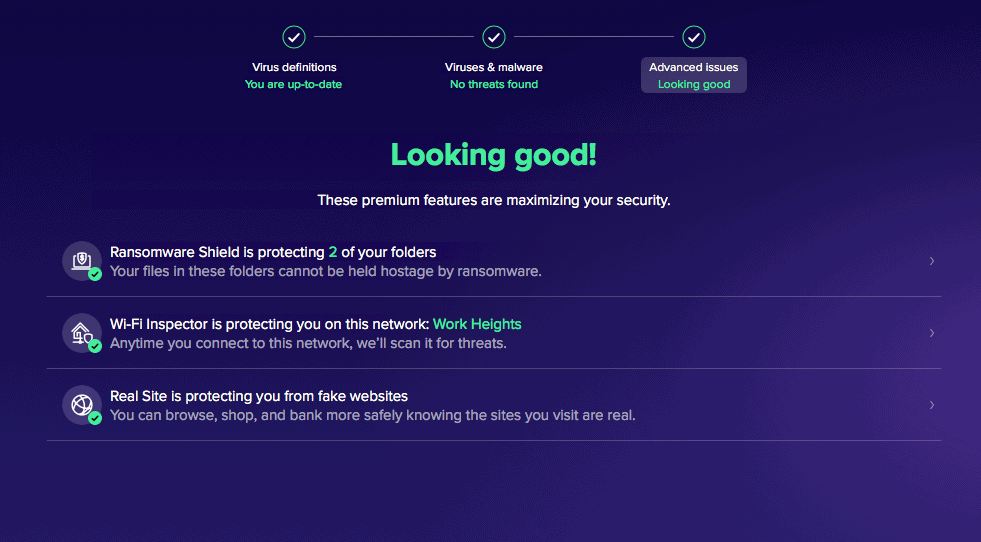
Is My iPad Safe From Hacking?
We’ve established that unless you jailbreak your iPad, it’s safe from malware. How about hacking? More good news for you, as the iPadOS and iOS currently don’t have any known software vulnerabilities that would allow hacking. In 2016, the FBI even famously paid a firm a ton of money just to hack a terrorist’s iPhone that they already had in possession. You can just imagine how much harder it is to hack an iPad remotely.
Related Reading: Best VPNs for iPads
That being said, there are ways that a person can access your iPad’s data, including photos, messages, and location information, remotely using iCloud. If the person knows your Apple ID and password, and if you don’t have two-factor authentication turned on, your iPad could, in a way, get hacked.
Signs Your iPad Has Been Hacked
These are the red flags you need to look out for:
- You receive a message about ransomware or antivirus software that requires user action
- You find new sites bookmarked on your browser’s toolbars
- You get pop-ups randomly and frequently
- Your web searches are redirected elsewhere
- Your friends tell you that you keep sending them invitations on social media that you haven’t sent
- Software installs unexpectedly
- Money is missing from your accounts
- Your normal passwords are not working
- Your mouse moves on its own
- Your information was involved in a data breach.3
Even though iPads are one of the most secure types of devices when it comes to viruses and malware, it’s still important to keep these red flags in mind upon usage.
Do Macs and iPhones Need Antivirus?
The iPadOS is based on iOS, so like iPads, iPhones are safe from malware. However, Macs use a different operating system, macOS, so yes, you do need antivirus software for Macs. That being said, Apple does give Macs some built-in antivirus software, but it doesn’t block against adware nor PUPs, potentially unwanted programs. Here’s what’s built into Macs:
- XProtect: XProtect comes on all Macs and provides antivirus protection in the background.
- Sandbox mode: The Sandbox is where Macs quarantine apps that they believe are suspicious; it’s a virtual sandbox, obviously, that’s isolated from the rest of the device.
- Gatekeeper: Finally, Gatekeeper prevents untrusted software from running.
For basic antivirus protection, the above features are sufficient, but if you want protection against adware and PUPs, it makes sense to get antivirus software from a third party.
How To Keep Your iPad Secure
Although iPads are very secure by design, a few best practices can make them even more secure.
- Update software: Perform all software updates in a timely manner, as outdated software could have security vulnerabilities.
- Don’t jailbreak: Jailbreaking allows you to download apps from outside the App store, which is not a good thing, as they’re not verified as safe. While jailbreaking allows users more control over their iPads, it’s not worth the potential security risks of unverified apps.
- Turn on Find my iPad: In case you lose your iPad, make sure that no one else will be able to access it. Plus, this feature will help you find your iPad through GPS.
- Secure Apple ID: Your Apple ID should have a long, complicated and unique password.
How Strong? To see if your Apple ID password is sufficient, use our “how secure is my password” tool. If you’re struggling to improve the strength of your password, make sure it uses a mix of lowercase and uppercase letters, numbers, and special characters. Using our tool, aim for a password that would take a computer at least several years to crack. One of our favorite password managers can help you remember this long password without sacrificing security.
- Use a Passcode: Make sure your iPad has a passcode, ideally as many numbers as it allows for.
- Turn on authentication: Turn on Face ID or Touch ID to make sure that, even if someone knows your passcode, they still can’t access your iPad.
- Secure lock screen: Have your iPad lock within a few seconds of inactivity; the shorter the time period, the more secure.
- Sign into accounts with Apple: Instead of signing into third party accounts with Facebook or Google, choose Apple if it’s available. Why? Because Apple doesn’t sell user data, so you won’t be tracked as you sign into various accounts.
- Turn off location and app data: If you’re not using an app, it shouldn’t be gathering any data about you. Even if you are using an app, it may not need all of the data it asks for, such as your location. Limit app permissions as much as possible to retain your privacy and security.
- Read privacy policies: The fine print under “Terms and Conditions” actually matters, so make sure to find out which iPad apps log your data and share it with third parties.
iPad Virus Scams
What do you do if you get a warning that there’s a virus on your iPad? Ignore it. If your iPad finds a virus, it will deal with it on its own without requiring any action from the user. Plus, it’s unlikely that your iPad will get a virus in the first place, so any warnings are most likely scams.4
Recap
The fact that iPads don’t need antivirus software is a huge feather in their cap. However, since some forms of malware can get through, you still want to adhere to best practices like creating a passcode. The best defense is a good offense, and simply by tinkering with your iPad’s settings, you can greatly reduce the risk of hacking or malware.
iPad Viruses: The Questions We Get The Most
There is no such thing as stupid questions, even if we’ve already answered them before.
-
Can Apple iPads get viruses?
Apple iPads cannot get viruses unless the user is jailbreaking, meaning is downloading apps from outside of the App Store. However, if you are using the iPad as intended and only downloading apps from the App store, it’s nearly impossible that iPads can get viruses.
-
Why do iPads not get viruses?
The reason why iPads do not get viruses is that every app in the App store is scanned for malicious code. Plus, each app is isolated from one another so viruses can’t spread to other systems, shutting them down completely.
-
Can iPads get hacked?
iPads can get hacked if someone obtains a user’s login credentials or if the device is lost or stolen. However, iPads are unlikely to get hacked due to viruses.
-
How can you tell if your iPad has a virus?
While it’s incredibly unlikely that your iPad has a virus, you can tell if it has a virus if your mouse moves without you touching the trackpad, you are getting a lot of pop-ups, your passwords stop working, etc.
-
Can I get an iPad antivirus from the App Store?
Yes, there are antivirus apps on the App Store for iPads, but generally, iPads don’t need extra antivirus software. The built-in protections paired with good digital hygiene habits provides adequate protection.




